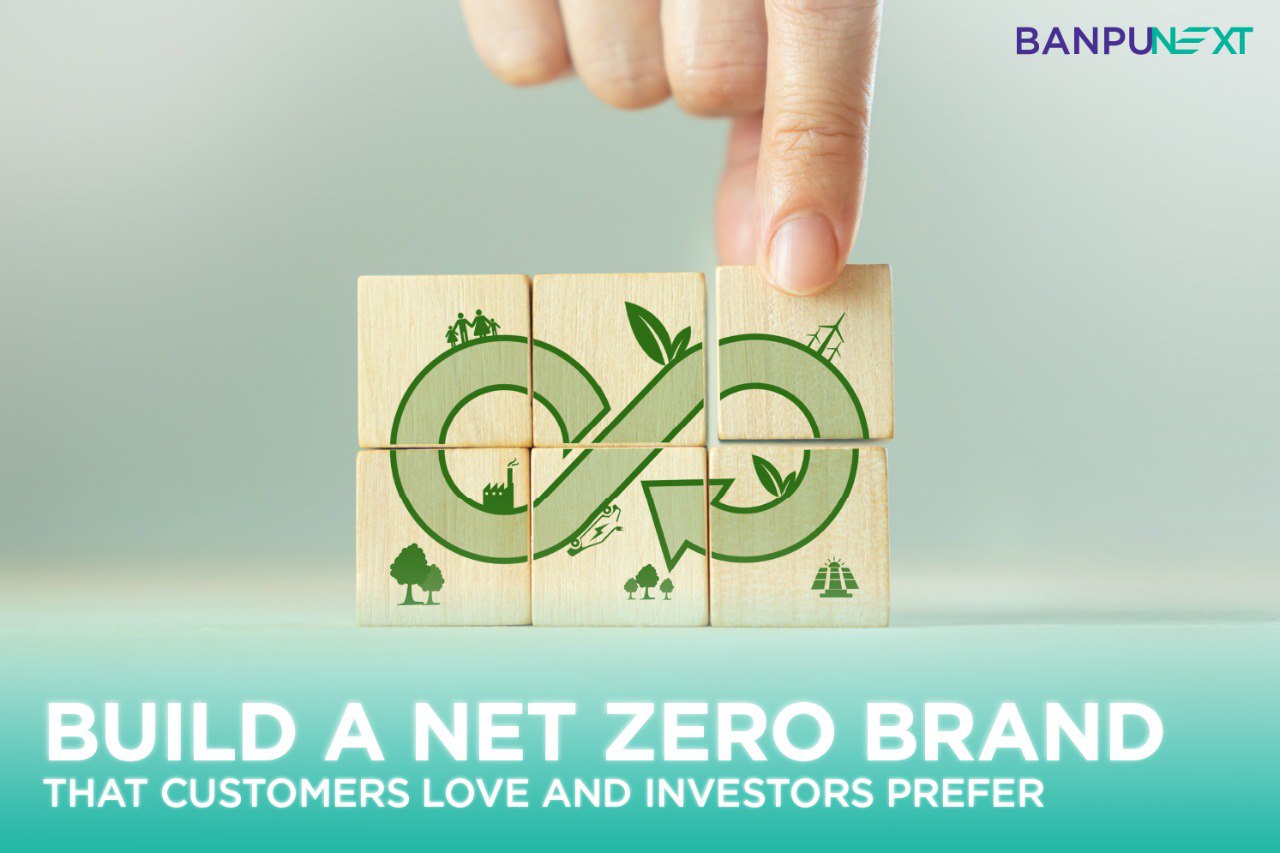According to a PwC survey (2021), 80% of Thai consumers prefer to purchase from companies that are environmentally responsible. SCB EIC (2024) also reports that 70% of consumers are willing to pay up to 10% more sustainable products. Meanwhile, a study by State Street Global Advisors (2017) found that 80% of institutional investors are shifting their support toward companies with strong ESG (Environmental, Social, and Governance) performance. These trends reflect that the Net Zero goal is not just about environmental impact, but also a critical business strategy that helps create competitive advantage, foster customer loyalty, and attract long-term capital.
From Concept to Practice: Case Studies of Successful Brands
The shift towards Net Zero is no longer a future goal—many leading global brands have already embarked on this journey and are seeing impressive results, both in terms of brand image, ESG business growth, and competitive advantage.
Microsoft: Aiming for Carbon Negative by 2030
Microsoft is working towards becoming carbon negative by 2030 and plans to remove all carbon emitted since 1975 by 2050. The company is investing $1 billion in carbon capture technology and is using 100% renewable energy across its data centers and offices globally. This approach not only reduces environmental impact but also increases the company’s stock value.
Unilever: A Leader in Sustainability in the Consumer Goods Industry
Unilever has set a Net Zero target by 2039, with plans to reduce greenhouse gas emissions across its entire value chain. The company is investing in renewable energy and developing products that reduce carbon emissions, leading to a more than 65% reduction in emissions from operations. Unilever’s sustainable brands are growing 69% faster than other brands in its portfolio.
Building a Net Zero Brand with the Right Strategy
Building a brand that aims for Net Zero is not just about declaring intent but requires a comprehensive strategy and genuine implementation. We recommend 3 key strategic approaches that brands should consider:
1. Reduce Carbon Emissions from Operations – Transition to clean energy and reduce greenhouse gas emissions from your core activities by:
-
- Using renewable energy, such as installing solar panels or participating in clean power purchase programs.
- Improving energy efficiency with smart air conditioning and lighting systems.
- Switching to electric vehicles (EVs) to reduce reliance on fossil fuels.
2. ESG Transparency – Plan and disclose information clearly to build trust:
- Measure and disclose your carbon footprint across Scope 1, 2, and 3.
- Develop a Net Zero Roadmap with clear goals and an action plan.
- Report progresses regularly through sustainability reports.
3. Communicate Your Net Zero Brand Effectively – Engage customers and investors with clear communication to build confidence and encourage participation:
- Share your brand’s commitment story in an easily accessible way.
- Showcase tangible results, such as carbon reductions and positive impacts.
- Provide opportunities for customer participation, such as joint carbon reduction projects with your brand.
Banpu NEXT: Your Partner for Net Zero Solutions
Banpu NEXT is a leading Net Zero Solutions provider in the Asia-Pacific region and a long-term partner that will help your organization achieve its Net Zero goals efficiently. We offer expert consulting and strategy planning through our Net Zero Advisory service, covering 5 key steps:
- Calculate current GHG Emission according to GHG Protocol and ISO 14064.
- Design a Net Zero roadmap with a carbon reduction strategy.
- Execute decarbonization solution & Carbon Credit Trading.
- Track and report results with continued optimization.
- Supporting communication strategies to evaluate ESG ratings such as CDP, S&P, FTSE Russell, or MSCI
Start Your Journey to a Sustainable Brand with Banpu NEXT Today
Contact our experts to assess opportunities for developing your brand towards Net Zero.




